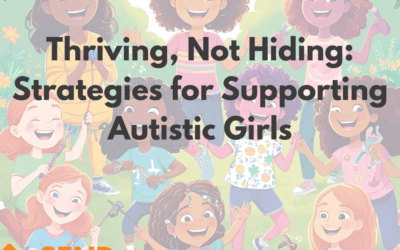The SEND Code of Practice (January) highlights that we must have regard to:
- The views, wishes and feelings of the child or young person, and the child’s parents
- The importance of the child or young person, and the child’s parents, participating as fully as possible in decisions, and being provided with the information and support necessary to enable participation in those decisions
- The need to support the child or young person, and the child’s parents, in order to facilitate the development of the child or young person and to help them achieve the best possible educational and other outcomes, preparing them effectively for adulthood.
Co-production allows all involved to work collaboratively as equal partners to design, plan, deliver and review support and services in order to achieve shared outcomes. It recognises children and young people, parent carers and professionals as assets that all have important contributions to make due to their differing knowledge, skills and experience. For co-production to be most effective, all partners should be brought in at the earliest opportunity when planning or designing support or services.
There are four stages to effective coproduction which are perhaps best viewed as a cycle.:
- Co-assessment: Where are we at? What has worked? What isn’t working? What changes are needed?
- Co-deciding: What are the next steps?
- Co-designing: What will it look like? Who will deliver? What will they deliver? What are the outcomes?
- Co-delivery: How can we all contribute? What support will be needed to arrive at the outcomes?
Achieving true co-production can be challenging for the following reasons:
- Not everyone is on the same page and relationships may be challenging.
- Not everyone has the same understanding and skill level.
- We all have different experiences of coproduction.
- Some partners find it difficult to engage.
So how can we achieve perfect coproduction? Here are some ideas:
- Begin by collating meaningful pupil and family voice and act upon what you hear. The ‘My World Triangle from ‘Getting It Right for Every Child’ provides some useful topics to explore as well as supporting documents. This is available from: https://www.gov.scot/publications/shanarri/
- Work with the family to create a one-page profile. There are some helpful person-centred resources, including templates available from: http://helensandersonassociates.co.uk/person-centred-practice/one-page-profiles/one-page-profile-templates/
- Share information and reports in advance of meetings so that all involved have chance to digest the information, formulate questions and seek clarification of anything that they don’t understand.
- Provide jargon busters and lots of opportunities to answer questions.
It is probably best to view the coproduction process as a marathon not a sprint. All concerned will probably require support and a step-by-step approach so that confidence is built to become true partners.

